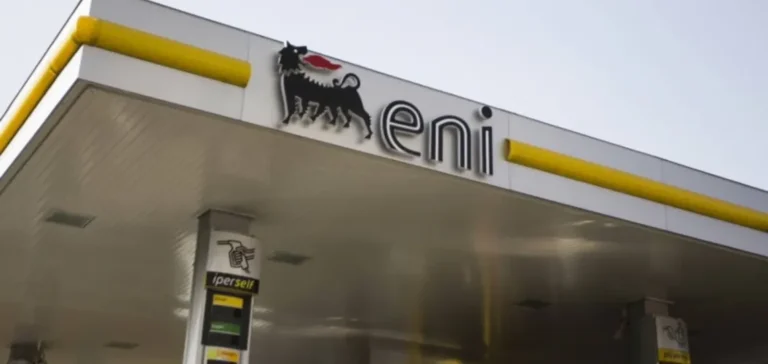Six oil companies operating in the Italian market have been fined a total of EUR937mn ($999mn) by the Autorità Garante della Concorrenza e del Mercato (AGCM), Italy’s competition authority. The decision follows an investigation launched after a whistleblower report on anti-competitive practices related to the pricing of bioethanol blended into fuels.
A three-year pricing coordination scheme
According to the AGCM, the companies involved – Eni, Esso, Ip, Q8, Saras and Tamoil – implemented a price-fixing mechanism from 1 January 2020 to 30 June 2023. This coordination allegedly led to “parallel – and largely coinciding – price increases” enabled by direct or indirect exchanges of information among the firms.
The authority stated that the value of bioethanol, a key fuel component, tripled during this period, rising from around EUR20/m3 in 2019 to nearly EUR60/m3 in 2023. This increase, deemed suspicious, was reportedly facilitated by the regular publication of price indicators in the trade journal Staffetta Quotidiana.
Fine distribution and Eni’s response
Eni received the largest fine, totalling EUR336mn ($358mn), ahead of Esso, Ip, Q8, Saras and Tamoil. Meanwhile, the participation of Iplom and Repsol, also named during the investigation, was not confirmed due to insufficient evidence, according to the AGCM’s official decision.
In a statement, Eni described the ruling as “incomprehensible and unfounded,” criticising what it called a “completely erroneous presentation of facts and the market.” The company also announced its intention to challenge the decision through legal proceedings, citing the reputational damage caused.
Previous case referenced in legal strategy
The Italian group recalled having successfully contested a previous sanction issued in January 2020. At that time, the AGCM had fined Eni EUR5mn ($5.3mn) for “misleading advertising” related to its so-called “green” diesel. That decision was overturned by Italy’s Council of State in April 2024.
The current case sheds new light on pricing mechanisms in fuel products containing biocomponents, a market segment increasingly subject to regulation. The size of the fine could influence future interactions between regulators and major energy operators active in the Italian fuel market.






















